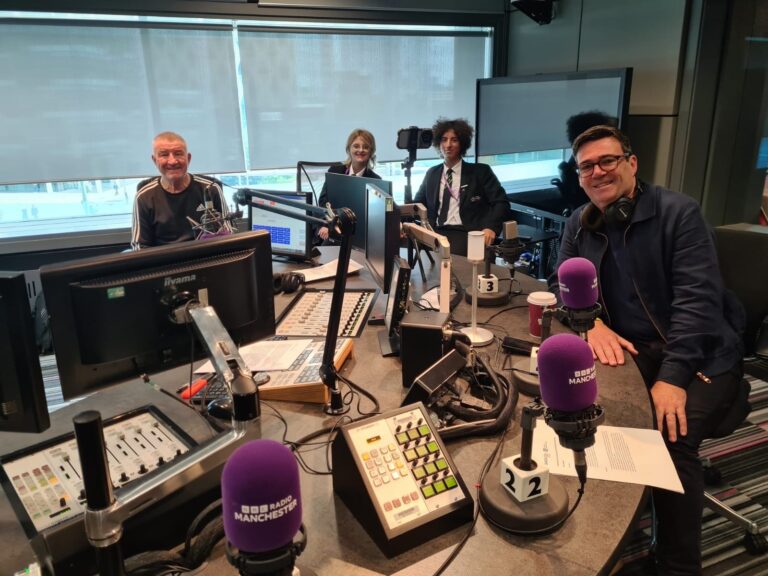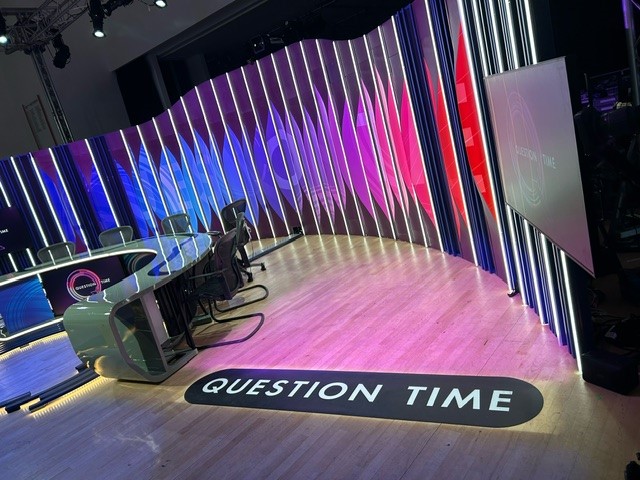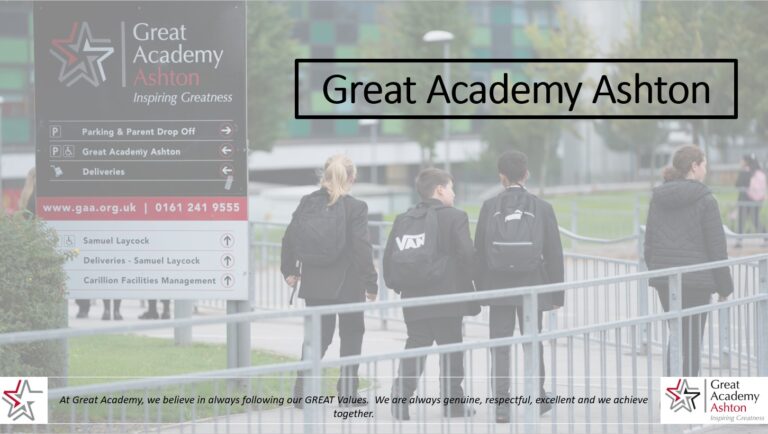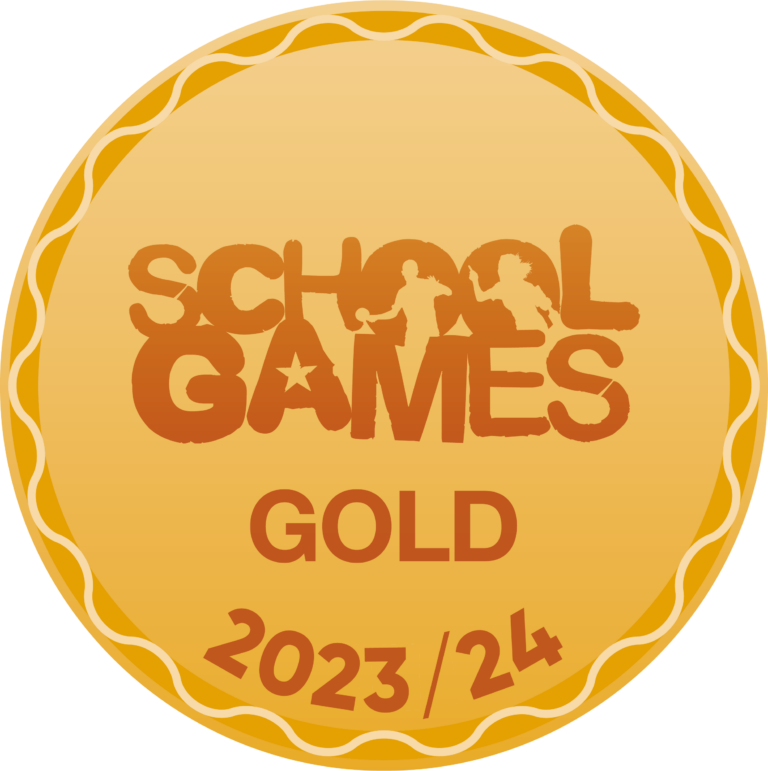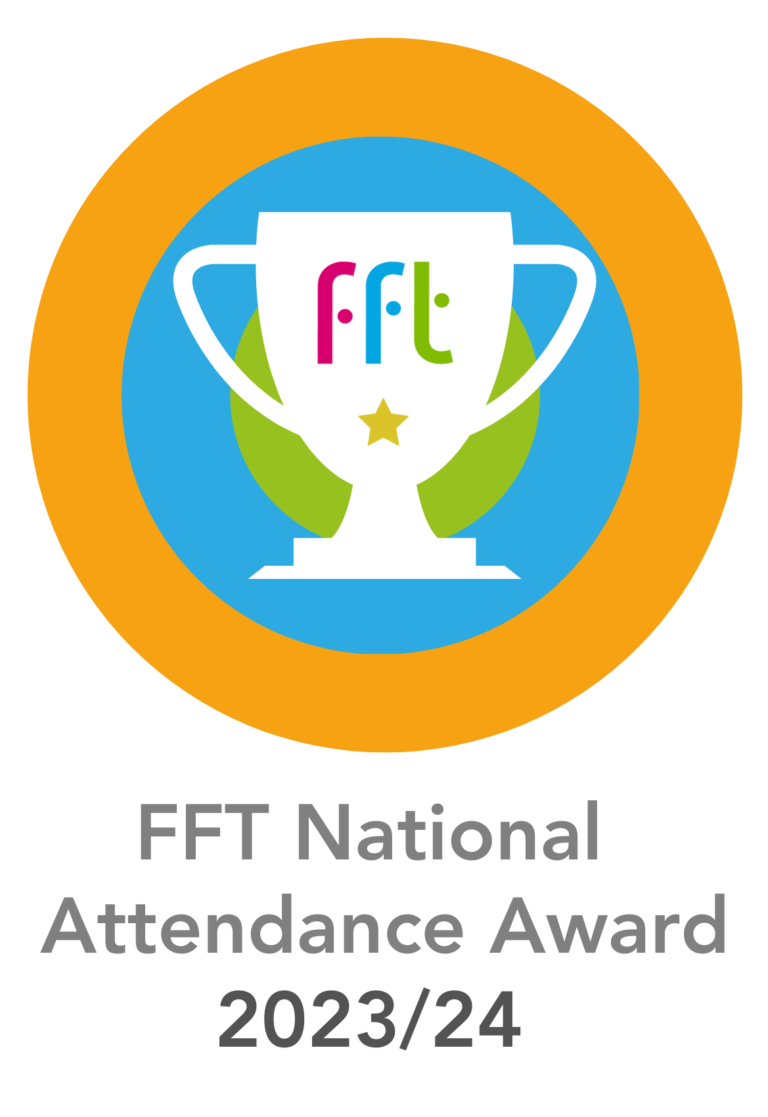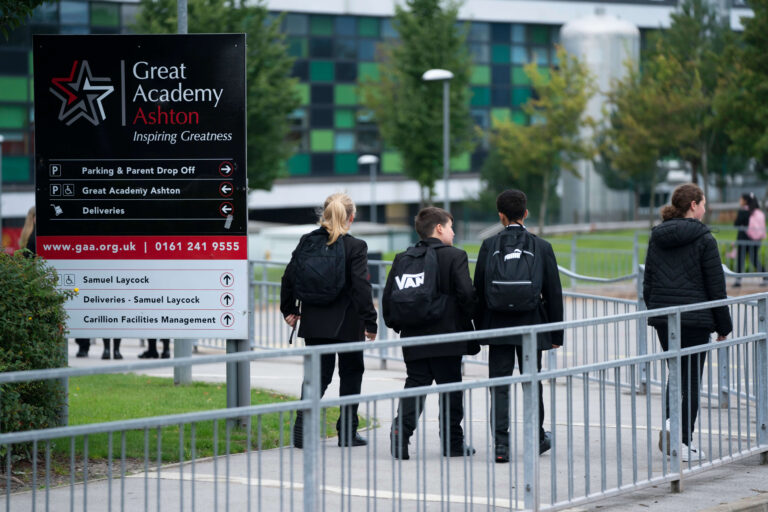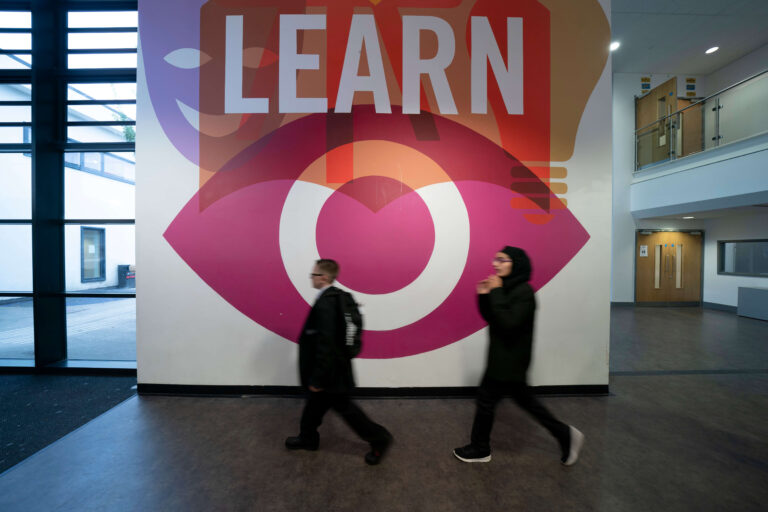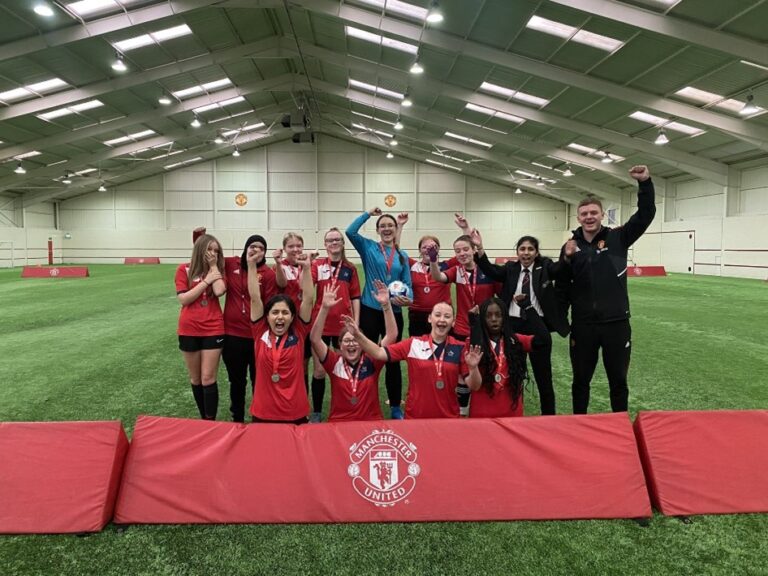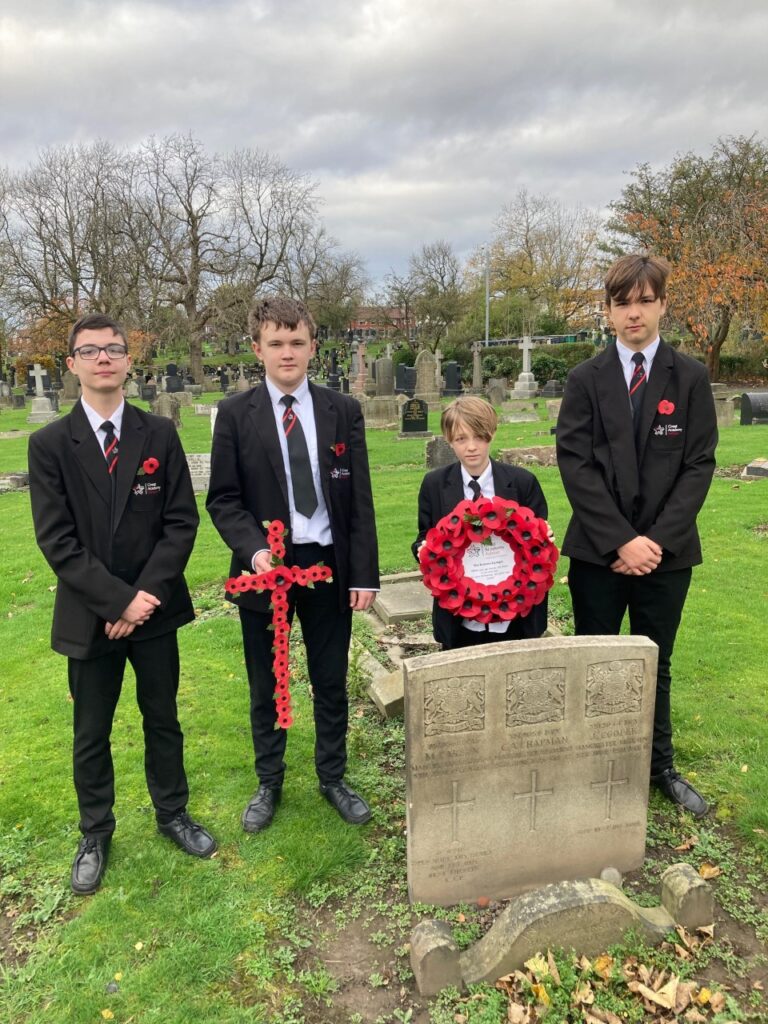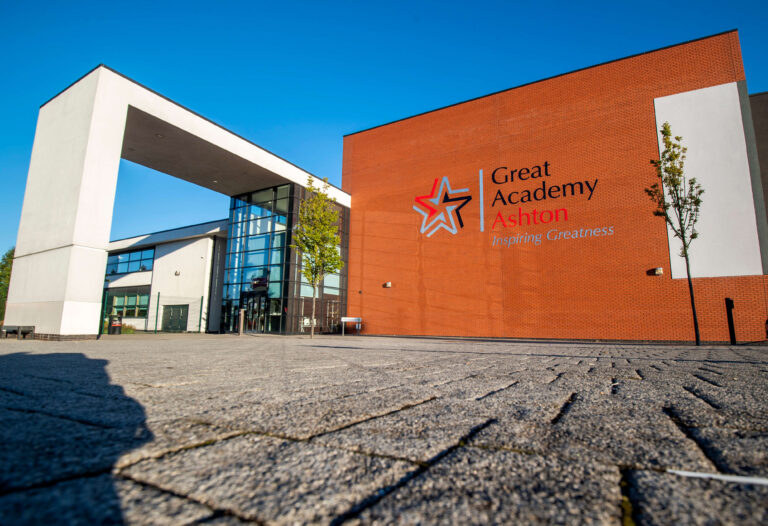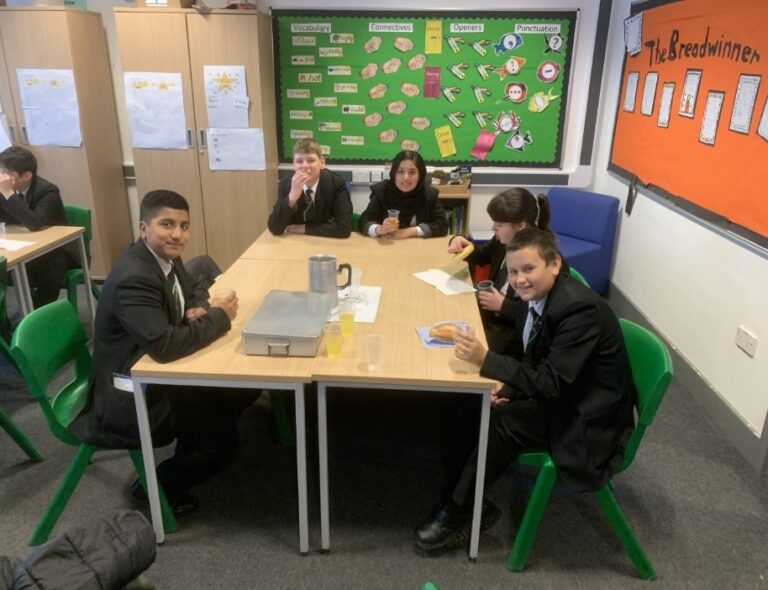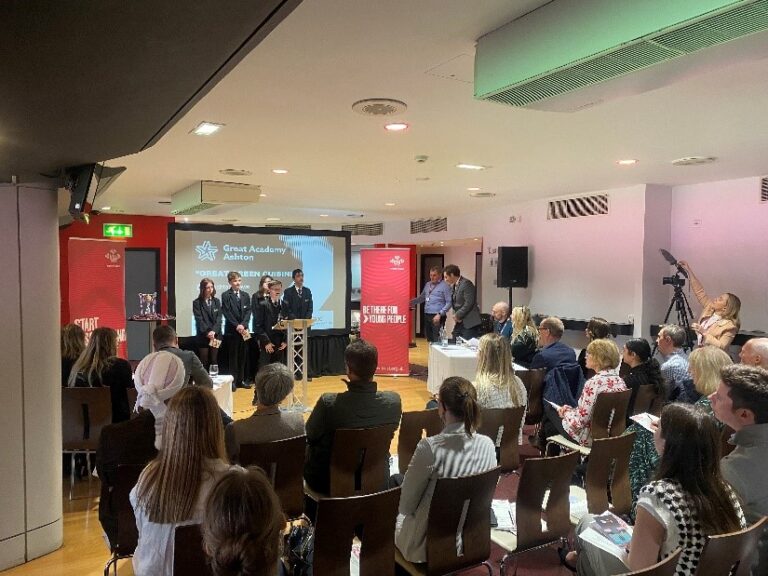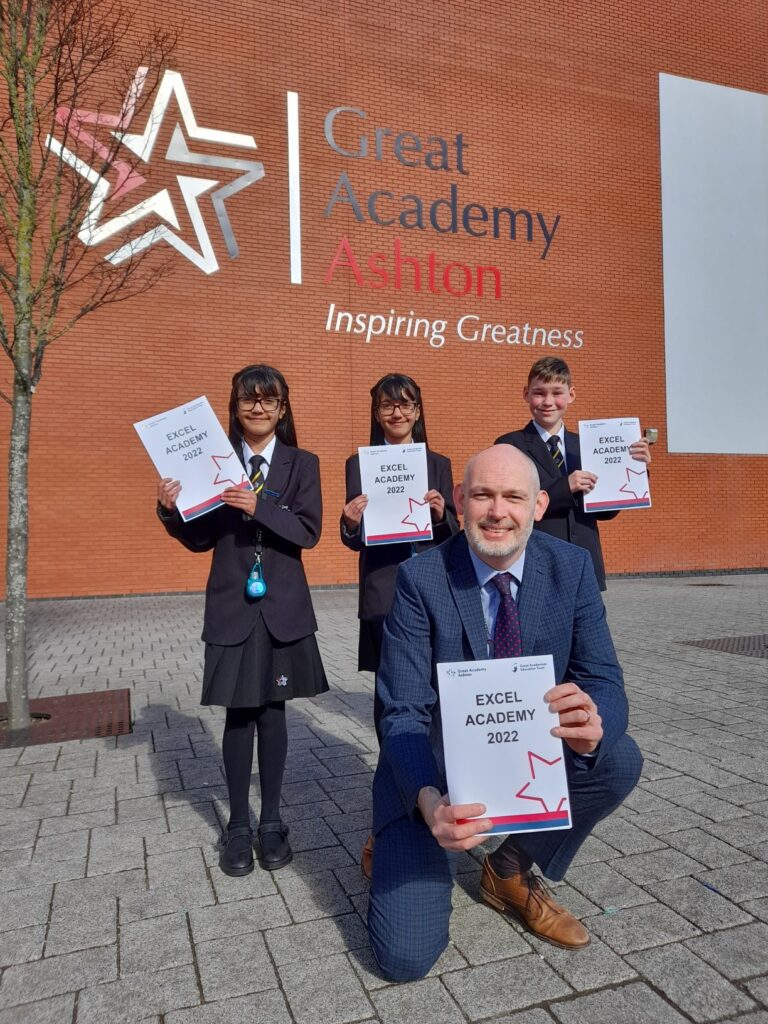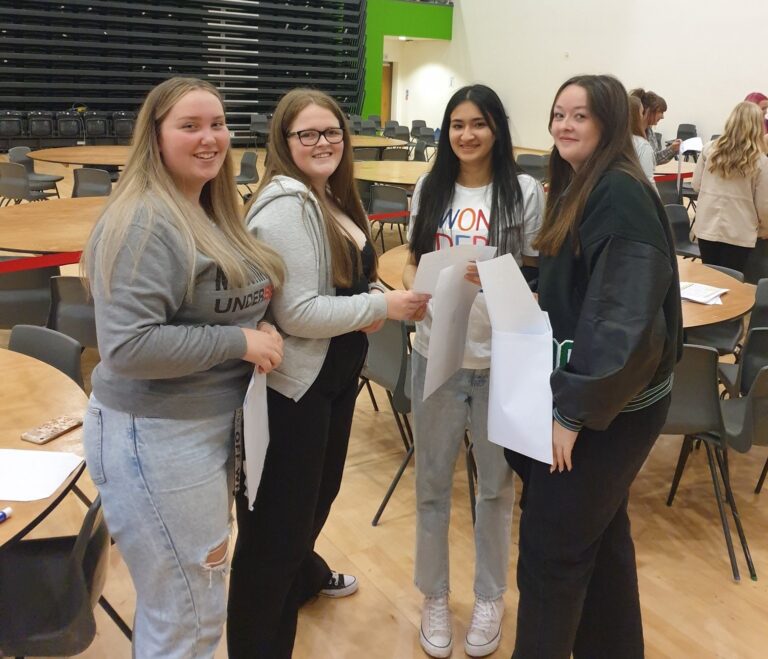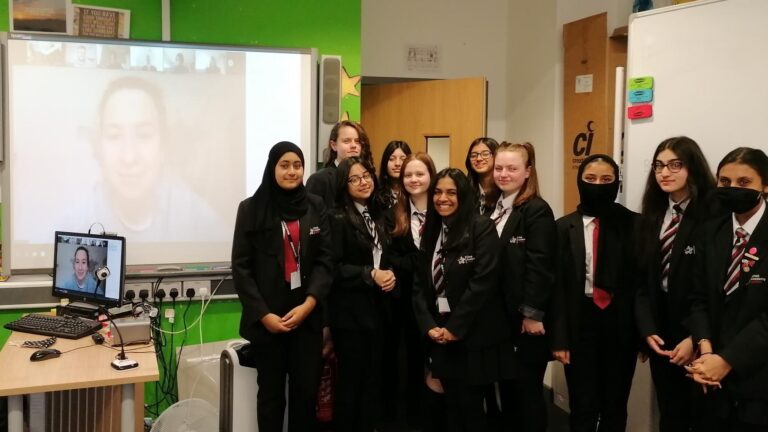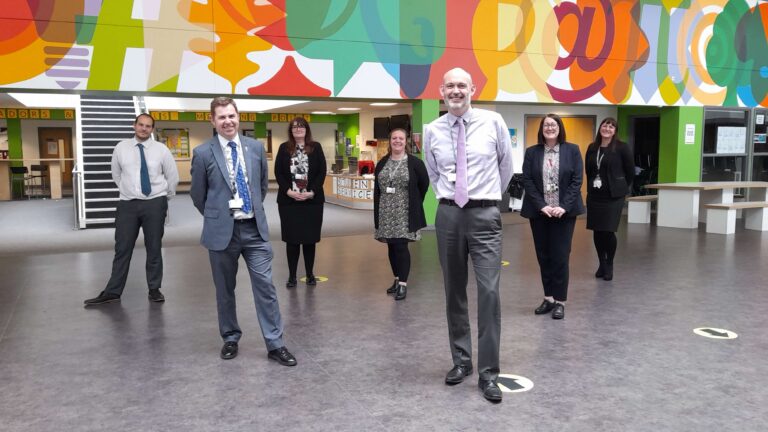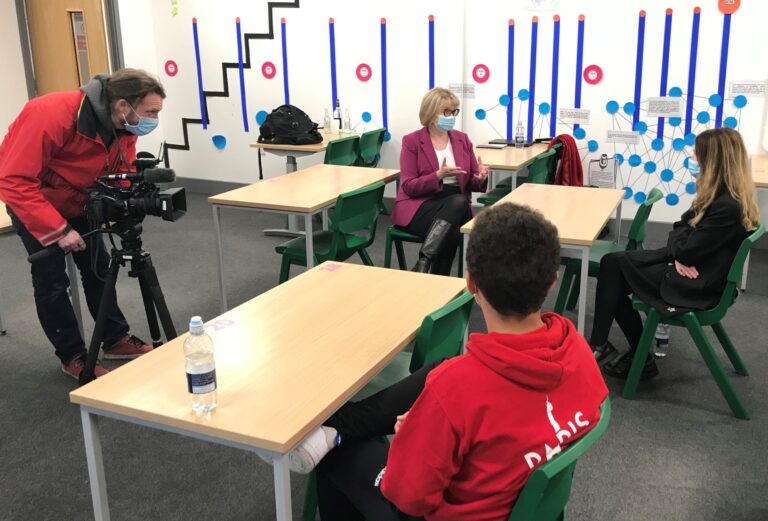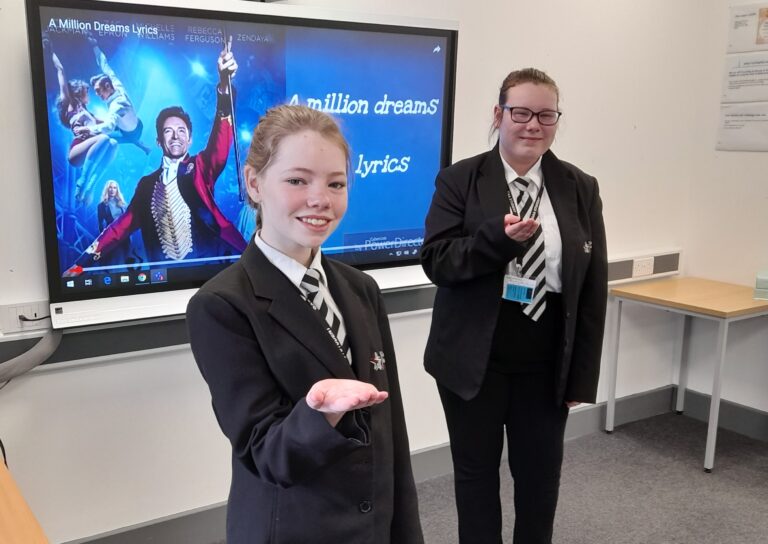Special Educational Needs and Disabilities (SEND)

Key Contacts
SENCO: Mrs K Casey Kathleen.casey@gaa.org.uk
Assitant SENCO: Ms K Heavey / Ms S Al-Ghailani
Special Educational Needs and Disabilities Information Report
Special Educational Needs and Disabilities
Trust Policy
Parent guide to the GAA graduated response
Neuro-Pathway Navigator Service
Additional Information and Support
Frequently Asked Questions
It stands for Special Educational Needs coordinator. All school must have one and the job title means that you are a teacher and a leader in school. To be a SENCO you must have a qualification called the National Award in SEND (Special Educational Needs and Disability). The SENCO will discuss any issues related to the Code of Practice – any needs that you child has that means they need support to make progress with their learning. At GAA, we also have Assistant SENCOs (Special Educational Needs Coordinators) that may also deal with your child and meet with you. Both ASENCOs are line managed and supported by GAA’s SENCO- Mrs Casey.
It means that your child might need a little extra support. In could be with their learning, emotional needs, physical needs or communication needs. It means that GAA will do their best to support your child, this could be with that they have extra time for assessments, extra help with certain tasks, teachers sitting them at a certain place in the room- this list is endless. SEND support means that your child is on something called the SEND register and that you will meet with the SENCO, ASENCO or members of the SEND team to discuss your child’s learning. It also means that your child’s teachers will get information as to how best to teach your child to help them learn at their best.
An EHCP stands for an Education and Health Care Plan. If your child has one already you will have been involved in Annual Review meetings at your child’s primary school. Just because your child is on the SEND register does not mean they have an EHCP. An EHCP must be applied for with the Local Authority and is a legal document that can last from 0- 25 years old. The best person to discuss this with is GAA’s SENCo (Special Educational Needs coordinator)- Mrs Casey and she can give advice as to whether your child needs an EHCP and if so, explain the process with applying for one.
This might have been called an IEP (Individual Education Plan) in your child’s primary school. It means here at GAA, we will discuss some targets that we think would be best for your child to work on. This document will be reviewed and shared with all your child’s teachers.
Some schools call this a Pupil Passport; it is a document where here at GAA, we find out how best your child likes to learn, and this is shared with all their teachers. This document is totally your child’s views and can be a very help way for teachers to get to know your child.
An Educational Psychologist will only work with your child with your written consent, and this is something that GAA’s SEND team would discuss with you. An EP (Educational Psychologist) can work in differ ways, they may conduct assessments of learning, discuss strategies to help with anxiety or any other suitable strategies to help your child be more successful in school. Here at GAA we use Tameside Educational Psychology Service. You might find this link useful:
Education Psychology Service – Information for Parents (tameside.gov.uk)
ADHD or Attention Deficit Disorder is an example of a condition that may cause your child to struggle with their concentration and attention. If this is something that either you or GAA are worried about- we will discuss how to refer to the proper agencies to investigate this. ASD (Autism Spectrum Disorder) is a lifelong condition that may affect your child’s ability to socialise, and they may find that need to repeat certain behaviours. This is a complex condition and differs greatly from individual to individual. Again, if this is something that GAA or you are worried about for your child- please discuss with GAA’s SEND team and we will guide you. There are lots of other acronyms in the SEND world- the best thing to do is ask. We are here to help you.
A diagnosis of any SEND condition doesn’t automatically mean that you child needs an EHCP, a new school or a new curriculum. It means that yourselves and GAA need to continue to plan the best ways to support your child’s individual learning needs. It does mean that we will share your child’s diagnosis with your child’s teachers- unless you specifically ask us not to.
This is an easy answer- no we cannot. GAA Staff team cannot diagnose your child with any condition. We might discuss traits of dyslexia with you and discuss the proper referral pathways, we might ask you to come in and complete referral forms, but any specific conditions must be diagnosed by a specialist.
Every child is an individual and makes progress at their own rate. We will support your child to make the best possible progress. Some students’ learning difficulties may mean that will always require some support with their learning.
Yes, at GAA, we believe in a full, broad and balanced curriculum. You child will study a full curriculum and will have the opportunity to assess all opportunities at GAA. A learning need does not mean that they won’t have the same opportunities as all other students.
Secondary schools are different, and classes are different at Secondary school. You child is more likely to be in a class with other children working at their ability. There may be more adults supporting in their lessons, some students will have a Teaching Assistant working with them in some lessons. At GAA, we believe that the teacher is the best person to improve your child’s knowledge, skills and experiences, so therefore the class teacher will always be the main adult working with your child in the first instance.
It may be the case that they will be taken out, we will discuss these interventions with you. It may be that your child has some small group teaching in a particular subject, it may be that we discuss a small group or 1:1 session to develop their social skills. There are different interventions that we may offer. Any interventions are designed to improve the skills, knowledge and experiences of your child at GAA.
That will depend on your child’s needs. It may be sitting at the front of the class; it may be larger font on a page. We will use our best endeavours to support your child to meet their needs.
These are related to the subjects that your child does. So, EN means English. Other initials refer to the class teacher – so KCA for Mrs Casey would be an example and then ATH is short for Athens (the name of one of the classrooms here at GAA)
These are smaller groups as part of our SEND provision for Maths, English and Science. You might find the link below to our YouTube channel helpful.
An EHCP can be applied for at any time. As a rule of thumb GAA will apply for an EHCP for a child in Year 7 after their first half term. That way, it allows GAA to utilise the information from primary school but also to have made reasonable adjustments and show the local authority what GAA have done to meet your child’s needs and expand – with your support and involvement- on why your child needs an EHCP. If you believe your child needs and EHCP we will always discuss this with you.
This could be several reasons; it may be that your child was identified as SEND late on in Year 6, it may that with the information and assessments conducted by GAA suggest that your child should be on the SEND register.
We are always here to discuss your child. If your child has an EHCP there will be a formal meeting once a year. If your child is on SEND register (this includes if your child has an EHCP), we will meet with you to discuss your child’s learning plan- this could be via an online meeting or phone conversation as we have discovered that for many busy parents this is much more suitable than coming into school.
Parents of children with special needs are no different to any other parents in that you are looking for an environment where your child is most likely to thrive where they will feel happy, safe and secure and benefit from the kind of teaching, support and pastoral care that enables them to reach their potential.
We are a diverse and inclusive school. Children with a range of special educational needs are successfully included in our mainstream setting, with varying degrees of support.
All pupils with SEN(D) are fully timetabled within the school timetable, including mixed ability tutor groups, ability sets and, in the later years, the option groups for the Key Stage 4 curriculum.
There are four strands to our support strategy:
- Assessment, planning and review
- Grouping for teaching purposes
- Additional human resources
- Curriculum and teaching methods
We make the following adaptations to ensure all students’ needs are met:
- Adapting our curriculum to ensure all students are able to access it, for example, by grouping (including access to the Gateway Curriculum), LSA support (where appropriate), 1:1 work, teaching style, content of the lesson, etc.
- Adapting our resources and staffing. For example using additional teaching staff, adapting text, scaffolding.
- Using recommended aids, such as laptops, reading pens, coloured overlays and glasses, visual timetables, dyslexia font, use of larger fonts, etc.
- Adapting our teaching, for example, giving longer processing times, opportunities for peer-to-peer work, pre-teaching of key vocabulary, giving instructions in different formats, etc.
There are eight main strands to our intervention strategy:
- In-class support – to enable access to the full curriculum. Students will be supported, as appropriate, in necessary subject areas. Teachers must ensure that they have regular liaison with support staff regarding in-class support. Teachers are responsible for the effective deployment of support staff in the lesson.
- Withdrawal – usually limited to no more than 15% of the week, except if specified differently in an Education and Health Care Plan, to enable the teaching of specific skills. For those students with identified literacy and/or numeracy needs small group or individual withdrawal is provided. The amount of support and other resources are allocated according to the level of need identified through assessment procedures. Subject teachers must provide an appropriately adapted and personalised curriculum and effective assessment materials to their learners who are withdrawn for SEN(D) intervention.
- Combination – a combination of both in-class support and withdrawal.
- Peer reading programme for Year 7 learners identified at greatest need for intervention within their cohort.
- Shared reading programme for Year 8-11 students identified through assessment procedures.
- Use of integrated learning packages and other software.
- Assistance with mobility, dexterity, hearing, seeing or handling materials.
- Mentoring, including access to external agencies such as CAMHS, Early Help, Youth Offending Team.
In addition to the provisions outlined above, Key Stage 4 students may access one or more of the following, coordinated and/or delivered by our Learning Support staff:
- Personalised Learning Pathways which includes Duke of Edinburgh, Extra Mile, ASDAN Award, Certificate of Personal Effectiveness (COPE)
- Special examination arrangements and / or concessions
- Link programmes with Tameside College and other post 16 providers
- Additional mentoring by Positive Steps and completion of college applications
- Dedicated time for supported study and assistance with coursework
